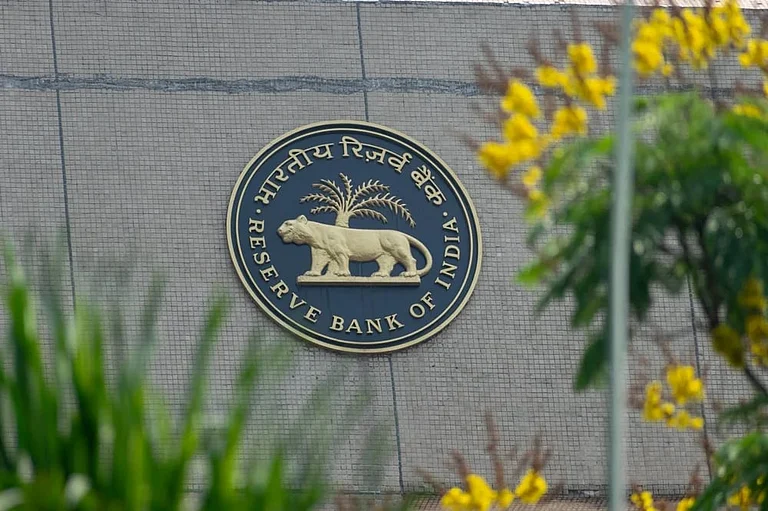You come across a life insurance policy that seems to fit perfectly with your goal of securing your family’s future but the premium for comprehensive coverage provided by this policy is higher than you expected. Paying it all upfront could strain your budget and you wonder, What Should I Do?
Under such circumstances, the insurance policy takers have the option to go for ‘insurance premium financing’. This financial tool helps individuals manage the cost of insurance without putting unnecessary pressure on their finances.
What Is Insurance Premium Financing?
To put it simply, insurance premium financing allows policyholders to borrow money to pay for their insurance premiums. Think of it as a loan taken particularly to fund an insurance policy.
Instead of using your funds to pay the premium in one go, you secure the required finances from a bank, an NBFC, or even a specialised insurance financing company. You repay the loan in installments, often over a few years, with interest.
This financing tool is often popular among those looking to buy any high-value policy such as;
- Life Insurance (often ones that come with a large sum assured)
- Keyman insurance for businesses
- Corporate insurance plans or high-end medical cover for large organisations
Premiums for high-value policies run into lakhs annually. Typically, HNIs (High Net-Worth Individuals), or even individuals aiming for extensive life cover buy these policies.
Let’s understand this with an example;
Ravi, a 45-year-old entrepreneur, wants to buy a term insurance policy with a sum assured of Rs 10 crore. The annual premium for such a policy might be around Rs 10 lakh. Ravi runs a business and plans to expand it further, and he prefers to reinvest his capital into growth rather than paying a premium upfront. This is how he can take advantage of premium financing;
Ravi approaches an insurance premium financing company and gets into an agreement with the company.
- He agrees to repay the loan over three years, at an interest rate of 10 per cent per annum.
- While Ravi pays the EMIs, his business continues to grow, giving him returns higher than the 10 per cent loan interest.
In this case, premium financing has helped Ravi to secure his family’s future without compromising his business liquidity.
However, insurance premium financing may not work out exactly like this for every individual. Especially if you are a salaried individual such high interest applicable to this insurance premium financing can become quite daunting.
What Are The Risks?
Interest rates associated with premium financing can be a limiting factor for anyone looking at this financial tool.
How is the interest rate determined? It will depend on a lot of different factors, such as premium amount, nature of policy, and overall interest rate trajectory in the economy. Typically, the interest rates for insurance premium financing range from 8 per cent to 15 per cent.
Interest rate, which is your cost of borrowing insurance policy in this case, will add to the overall expense of the policy. If the interest rate is high, it might negate the benefits of financing.
Other risks associated with insurance premium financing are;
- In case you fail to repay the loan, the financier might stop funding the premiums leading to a lapse in the policy.
- Financing is usually available for high-value policies, if your policy doesn't meet the lender’s minimum premium threshold, you may not qualify for it.
Insurance premium financing can be helpful for businesses, HNIs, or individuals who need significant insurance coverage without compromising liquidity. However, it is not for everyone therefore, before opting for premium financing, policyholders should carefully evaluate their cost of borrowing, and assess their financial stability accordingly. You can also consult a financial advisor to better understand if this financial tool works for you or doesn’t.

















